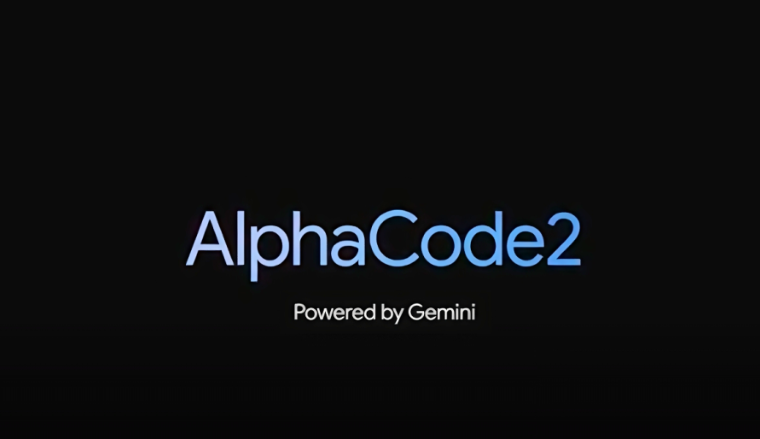Google recently released AlphaCode2, aGeminiModel-drivenAI Programming Tools, an improved version of the previous generation AlphaCode. Debuting at the same time as the Gemini model, AlphaCode2 performed well in programming competitions, especially with more powerful capabilities in complex problems such as dynamic programming.

The researchers bolstered AlphaCode2’s problem-solving capabilities by fine-tuning the Gemini Pro system on a dataset of about 15,000 problems and 30 million human-written codes collected on the CodeForces competition website.
According to Google's data on the Codeforces platform, AlphaCode2 has outperformed competitors by an average of about 85% in programming competitions covering multiple languages such as Python, Java, C++ and Go, which is a significant improvement compared to its predecessor. The technical white paper points out that in 12 recent competitions, AlphaCode2 solved 43% of 77 problems, while its predecessor only succeeded in 25% of problems.
AlphaCode2 demonstrates its superior performance in dynamic programming, one of the most complex problems in programming competitions. DeepMind research scientist Rémi Leblond explains in a pre-recorded video that AlphaCode2 not only knows when to correctly implement a dynamic programming strategy, but also where to use it. This is a significant improvement over the difficulties the original AlphaCode had in dealing with programming problems that required dynamic programming.
AlphaCode2 works by involving a series of "strategy models" that generate multiple code samples for each problem. Code samples that do not match the problem description are filtered out, and then "semantically similar code samples" are grouped together through a clustering algorithm to avoid redundancy. Ultimately, the scoring model within AlphaCode2 determines eachmaximumIn the code sample "cluster"optimalCandidate answers.
Although AlphaCode2 performed well in programming competitions, the white paper points out that it has some flaws. For example, AlphaCode2 requires a lot of trial and error, has high operating costs, and relies too much on filtering out obviously wrong code samples. It is speculated that migrating to a more powerful Gemini version, such as Gemini Ultra, may alleviate these problems.
Google DeepMind believes that by using Gemini Ultra, a large language model that is larger and more powerful than Gemini Pro, they can build a better code writing model and say they are working to make its capabilities available to developers. The team hopes to bring the unique capabilities of AlphaCode2 to the base Gemini model to make this new programming paradigm accessible to everyone.First choice.
Regarding whether AlphaCode2 will become a product, Eli Collins, DeepMind's vice president of product, hinted at this possibility in a briefing. He said:up to dateOne of the things that excited me the most about the results was that when programmers collaborate with AlphaCode2 [powered by Gemini], by defining certain properties that the code should follow, the performance of [the model] gets better.” He further noted, “In the future, we foresee programmers leveraging highly capable AI models as collaborative tools to help the entire software development process, from problem reasoning to assisted implementation.”